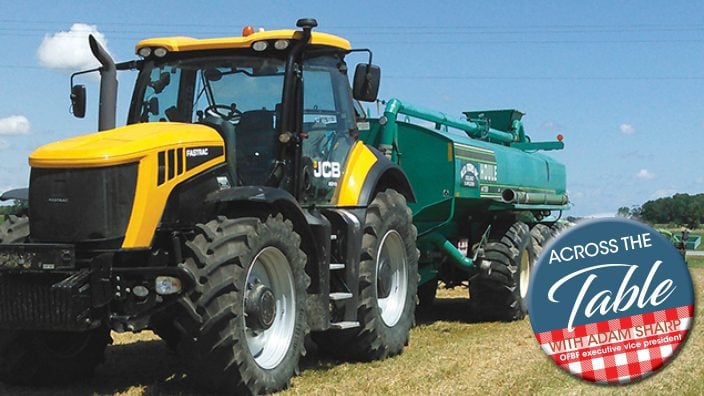Applications for Ohio Farm Bureau Health Plans now available
Members have three ways to apply: contacting a certified agent, calling 833-468-4280 or visiting ohiofarmbureauhealthplans.org.
Read MoreSometimes, a family business takes some explaining.
“Hydro biomass application engineer” is one way a friend of Megan Dresbach’s describes what she does. Her dad, Eric, once told a stranger their family enterprise was “organic nutrient recycling,” which drew the reply, ‘You can’t fool me; you haul poop, don’t you?”
Yes, the Dresbach’s link in the food chain is collecting manure and moving it to where it fertilizes crops. Not glamorous, but essential. Animal agriculture contributes nearly $8 billion to Ohio’s economy, employs close to 38,000 Ohioans, provides us with tasty protein and produces lots of manure. It isn’t waste. Manure is a highly valuable natural fertilizer (especially for organic crops) that demands that farmers who produce it or use it do so wisely. Businesses like the Dresbach’s are among Ohio’s 290 Certified Livestock Managers who work to properly haul and apply manure. These businesses are high-tech and require significant investments in equipment, worker training and regulatory compliance. These days, manure itself also requires a lot of explaining.
Algal blooms in Lake Erie and other water bodies have harmed water quality and local economies. Manure is only one of many sources of nutrients that can feed the blooms, but it’s gotten an outsized share of attention. Even Megan’s farm friends are inquisitive. “We have talks about water quality and they ask me questions,” she said.
When I get questions, I start from the reality that manure happens. As long as we want meat, milk and eggs and the associated jobs, it will continue to happen. So the priority becomes management.
That starts with a mindset, Eric said. “Always do what is right, no matter what. Always act as if someone is watching.” He also believes in following the rules, so he works with government regulators, not around them. And he keeps up with research into best management practices. Megan says the current research points to 4-R nutrient stewardship. “Use the right source, at the right rate, at the right time with the right placement.”
The Dresbachs acknowledge, no matter their intent or expertise, sometimes things don’t go according to plan. “Anytime you work with Mother Nature, she still rules, regardless of how smart we think we are,” Eric said.
My goal, and I think the goal of everyone in the livestock industry, is to get even smarter, to always find ways to improve. That’s why Farm Bureau is working alongside state and federal agencies, environmental organizations, Ohio State University and others to discover those next, innovative techniques and technologies that will deliver both clean water and productive farming.
The Dresbachs’ equipment safely transports manure and places it into the soil, which can eliminate odor and reduce nutrients being washed into waterways.
Eric started his manure application and trucking company in Pickaway County in the 1980s, when the farm economy made it hard to make a living with a family farm. Megan, with an OSU degree in agronomy, applied economics and international relations, calls herself a daddy’s girl who always looked for ways to stay close. “Dad works all the time, so I went to work with him.” Megan was a delegate to the 2017 Ohio Farm Bureau annual meeting. She hopes to someday to take over the family business.
Opponents of animal agriculture claim farms and manure are not regulated. In fact, there are multiple regulatory systems in place:
Agencies including Ohio’s EPA, Department of Agriculture and Department of Natural Resources provide direction into acceptable management practices and inspect for compliance.


Members have three ways to apply: contacting a certified agent, calling 833-468-4280 or visiting ohiofarmbureauhealthplans.org.
Read More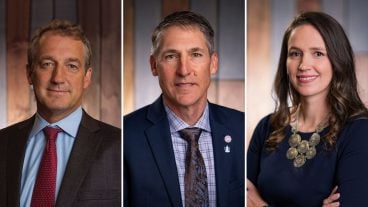
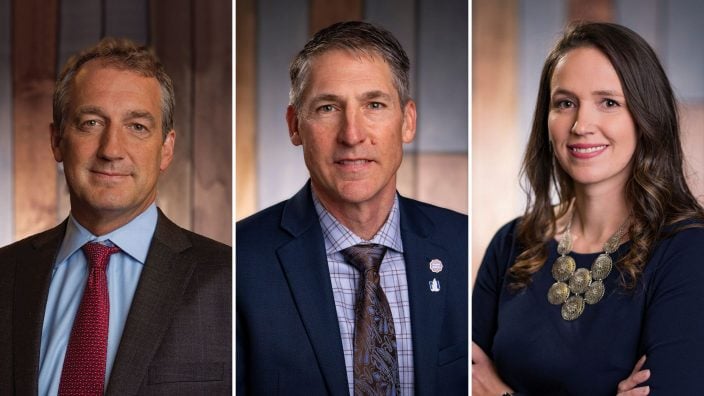
Bill Patterson, Cy Prettyman and Adele Flynn will continue to serve as officers for Ohio Farm Bureau Federation.
Read More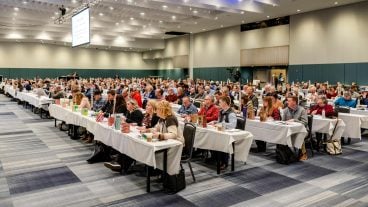
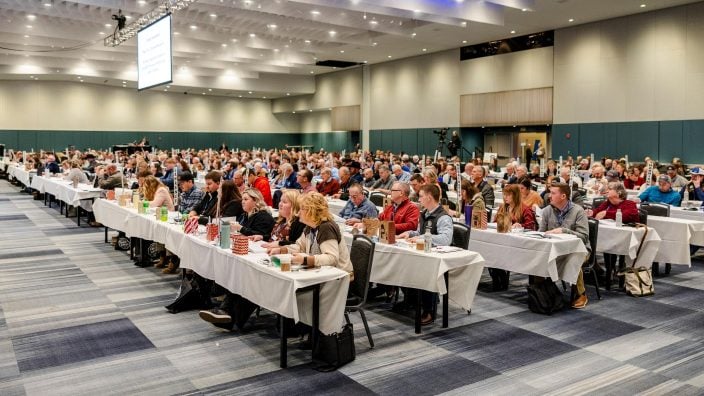
Delegates discussed many topics impacting agriculture including farmland preservation, local foods, and succession planning.
Read More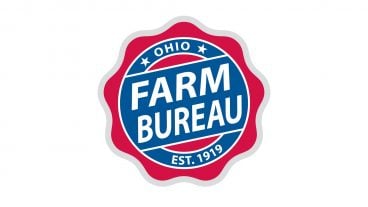
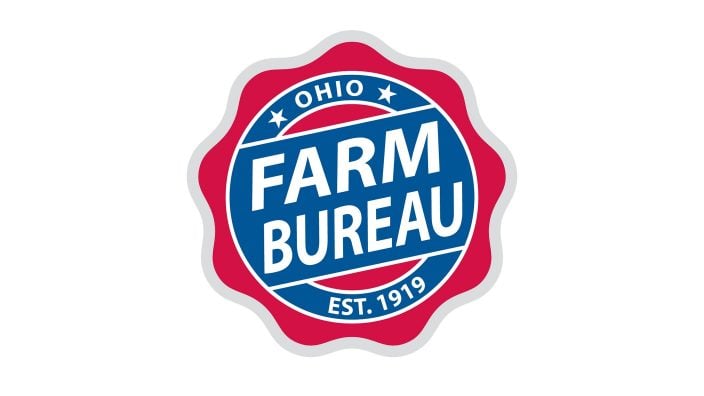
Twenty-six farmers govern the state’s largest farm and food organization.
Read More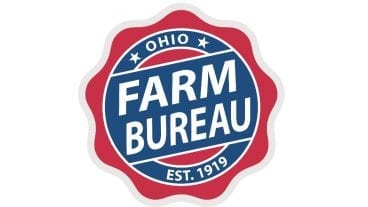
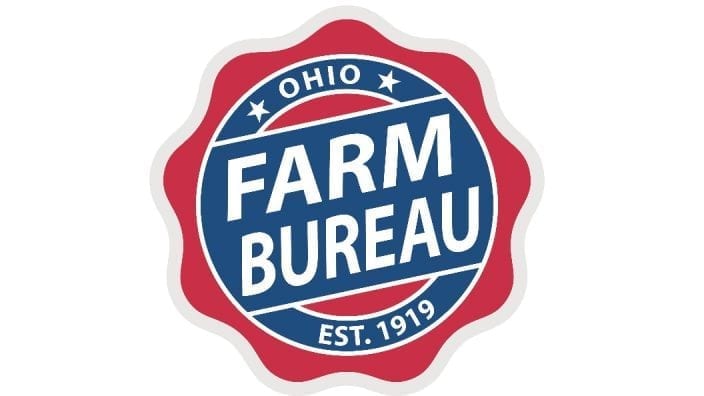
The 2025 recipients are Fred Cooke (posthumous) of Richland County, Marvin Dietsch of Williams County, Steven Knollman of Hamilton County and Michele Miller (posthumous) of Ottawa County.
Read More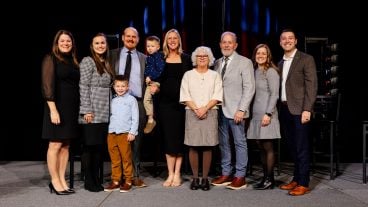
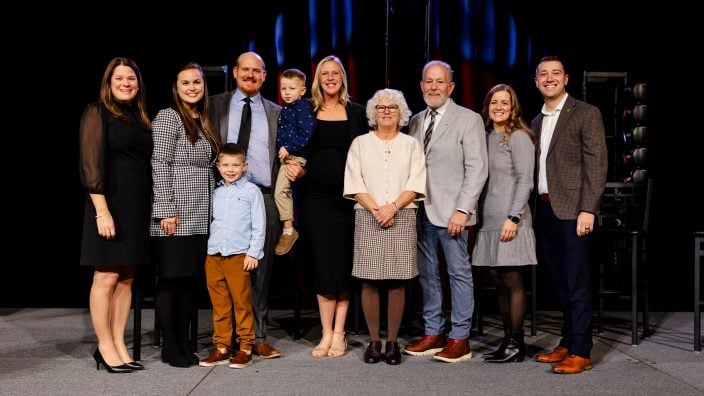
Nathan and Jill Parriman grow seasonal crops, including Christmas trees, pumpkins and cut flowers, providing U-cut experiences that invite customers to engage directly with agriculture.
Read More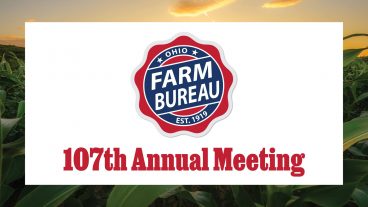
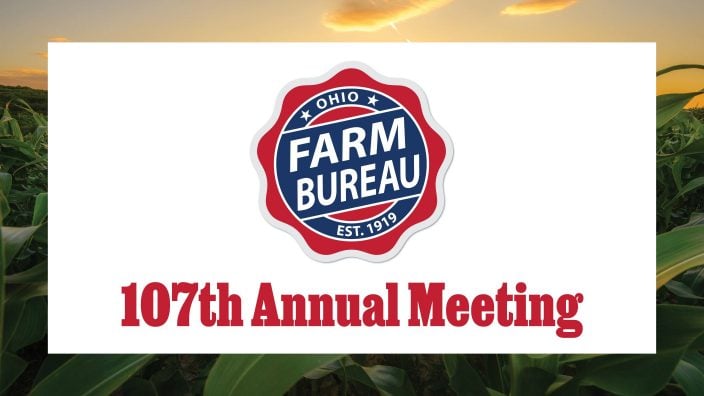
The 2025 Distinguished Service Award recipients are Craig Adams, Mike Townsley, and Kellogg Farms, Kurt Farms and Stateler Family Farms.
Read More

Ohio Farm Bureau Treasurer Adele Flynn participated in the meeting, representing Ohio farmers.
Read More

For Ohio and PJM region, the outlook is reassuring—ample reserves and strong planning should keep the power on.
Read More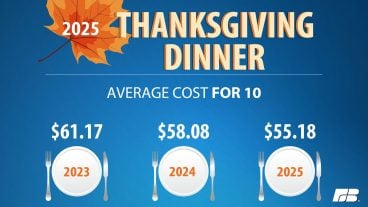
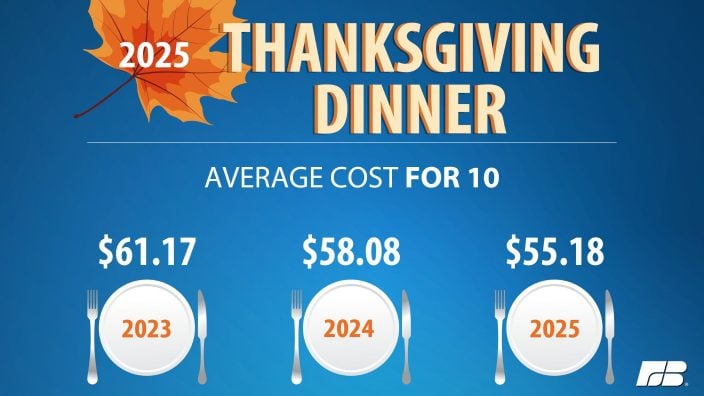
The average price for a classic holiday feast for 10 in Ohio will cost $55.87.
Read More